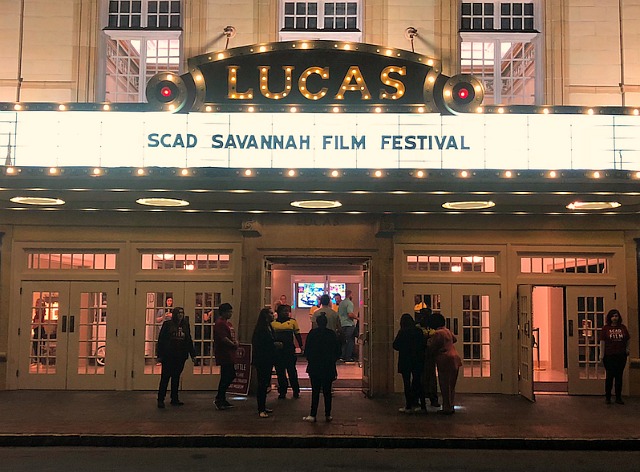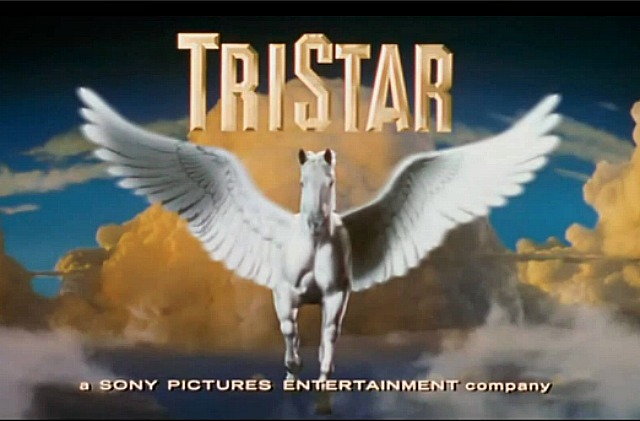Yesterday I peddled three or four miles to a Lenscrafters to fix my distance glasses. It’s right near a typically calming but soul-less megamall called the Oglethorpe. I locked the bike to a lamppost (i.e., adjacent to the main outdoor parking lot), and then visited a Barnes and Noble to do some filing. I wound up staying there about five or six hours.
When I came back out for the bike I couldn’t open the number-code lock. I have a phone-photo of the code, of course, and I’ve used it successfully ten or twelve times since last weekend. But yesterday it wouldn’t do.
I called the bicycle rental shop before closing time but they didn’t answer. I called again for good measure. I sent two “EMERGENCY!” emails with an explanation + photos of the pole-locked bike. I finally had no choice but to leave it there — what was I going to do, pitch a tent and sleep there to discourage thieves?
I’m still trying to reach the bicycle rental people. I have to leave for the airport in 45 minutes and they won’t pick up. Who runs a bicycle rental business without posting an emergency cell-phone number? Or routinely checking emails for possible emergencies?
I know they’re going to try and charge me for some kind of stress-and-recovery fee, which really wouldn’t be fair. I did nothing wrong.
11:30 am update: The rental shop FINALLY called back, said they’d pick up the bike, not to worry, etc.














